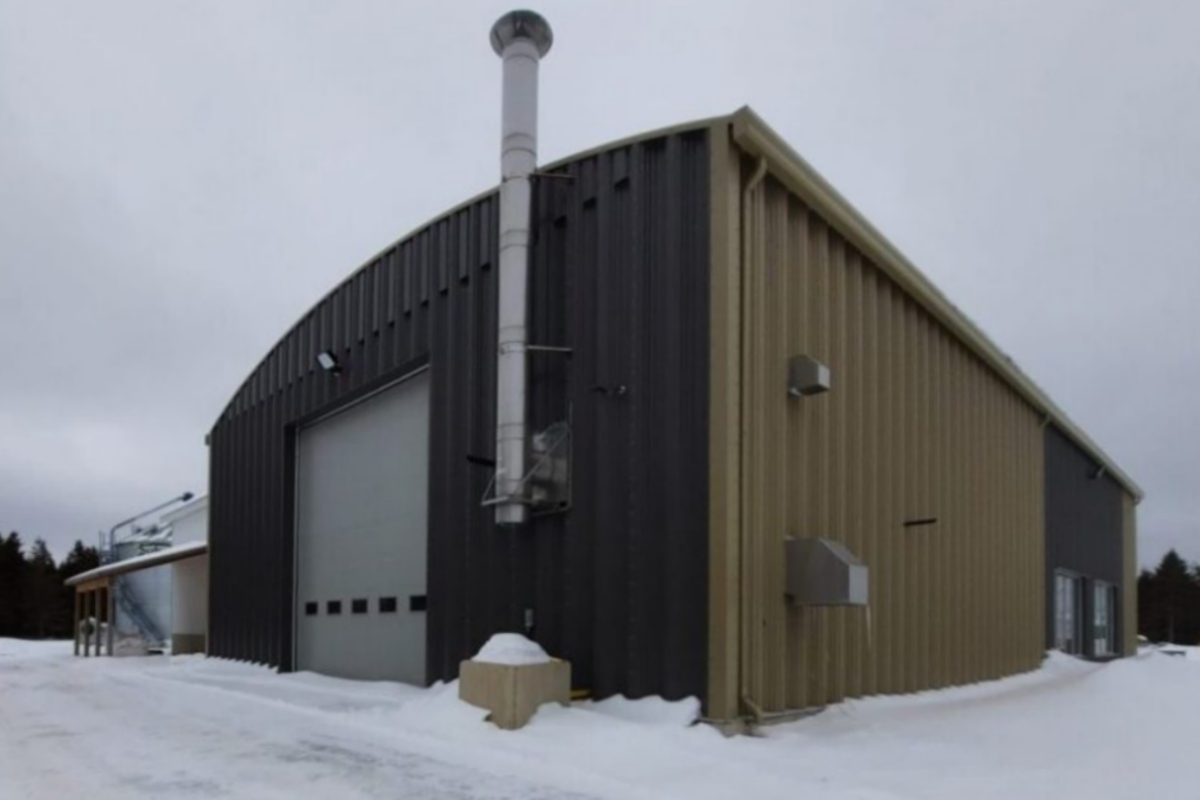
Maison Fils Du Roy Inc. opened its new malt house in Petit-Paquetville this week, giving locally sourced malt access to New Brunswick craft brewers. A 4,500-square-foot facility will produce two types of barley-based malt: a Pilsner malt and a Vienna malt.
This news comes at a time when the province boasts the most breweries per capita in Canada. To start, the malt house is providing product to Les Brasseurs du Petit-Sault in Edmundston; Fredericton-based Graystone Brewing, Microbrasserie Houblon-Pêcheur in Village-des-Poirier; Saint-Quentin-based Novum Boreas Microbrasserie, and Crooked River Distillery in Memramcook.
“There’s a high demand for craft beer and brewers are delivering–a lot of them are interested in making local products so the timing is good,” said Josee Boudreau, chief of operations.
Holding a Ph.D. in chemistry, Boudreau has quite the experience in malt-making. She cleans and dries the barley which is soaked in a large tank with agitators to mix and aerate the grain for 48 hours.
“We get in two or three soaks, depending on the batch and we want to get the moisture content up to 45 percent,” said Boudreau.
From here, the germination process kicks in – something that carries on for three to five days. The barley is then blow-dried to remove moisture, resulting in a friable dried malt.
A typical five-ton batch of malt requires six tons of barley. Maison Fils Du Roy plans to turn 100 tons of barley into malt this year.
This news also allows New Brunswick brewers to source malts for less spend, cancelling out the need for expensive importing fees.
“Some smaller breweries like to purchase just a couple of bags at a time, rather than many pallets – and if they order it from out west they have to order and store larger quantities for it to be cost-efficient,” said Boudreau.
“This gives them the opportunity to purchase just what they need.”
Maison Fils Du Roy sources its barley locally, from five different farms in the Chaleur and Acadian Peninsula regions.
“We’re looking to expand further because sometimes [in New Brunswick], the weather can be appropriate for growing barley in one place but maybe less so in another,” said Boudreau.
“Having farms in different areas of the province would help us to have a good-quality supply every year. Brewers and distillers will have access to fresh malt that will give what they’re brewing a unique taste they can proudly call local.”
Photo courtesy of Josée Boudreau
